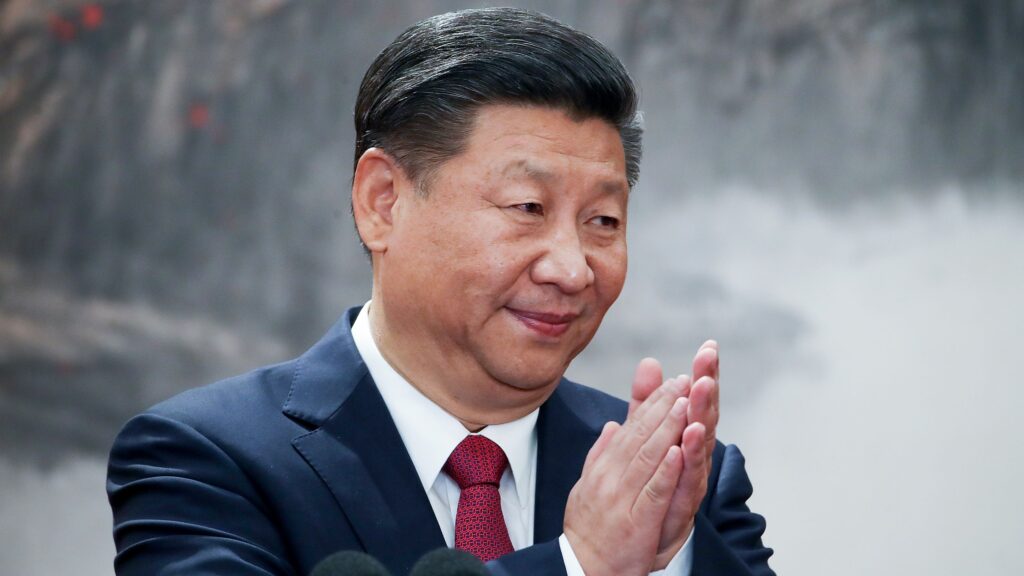A Chinese court on Wednesday handed a suspended death sentence to Wu Yingjie, the former Communist Party secretary of the Tibet Autonomous Region, for taking bribes amounting to nearly Ksh.6.4 billion (343 million yuan or $47.8 million). Wu, who served in the powerful position from 2016 to 2021, was found guilty of leveraging his authority over the years to illegally assist individuals and companies in securing contracts and business opportunities.
The Beijing Intermediate People’s Court described Wu’s crimes as “particularly serious,” with a “particularly vile” social impact and “particularly heavy losses” for the state and its citizens. While he received a death sentence, the court granted a two-year reprieve, a common practice in China that typically results in life imprisonment if the convict demonstrates good behavior during the probationary period.
Wu pleaded guilty and reportedly cooperated with investigators by confessing previously undisclosed details, which contributed to the court’s decision to suspend the execution. His downfall comes amid President Xi Jinping’s extensive anti-corruption drive that has, over the past decade, taken down thousands of officials. Critics argue, however, that the campaign also doubles as a political tool to eliminate rivals within the Communist Party.
Once a rising star in China’s political ranks, Wu began his career in Tibet’s education department and spent decades climbing the bureaucratic ladder. He was expelled from the Communist Party in December 2023 for “serious violations of discipline” a widely used euphemism in China for corruption.
In addition to domestic scrutiny, Wu has faced international condemnation. The United States Treasury Department sanctioned him in 2022 for human rights abuses, citing his role in China’s controversial policies in Tibet. These policies include attempts to culturally, religiously, and linguistically assimilate Tibetans through the education system a concern also raised by United Nations human rights experts.
Wu Yingjie’s sentencing highlights the Chinese government’s dual strategy of punishing corruption while maintaining a tight grip on politically sensitive regions like Tibet. The case also reflects the broader global scrutiny of China’s governance in ethnic minority regions and the risks faced by officials who fall from grace.

